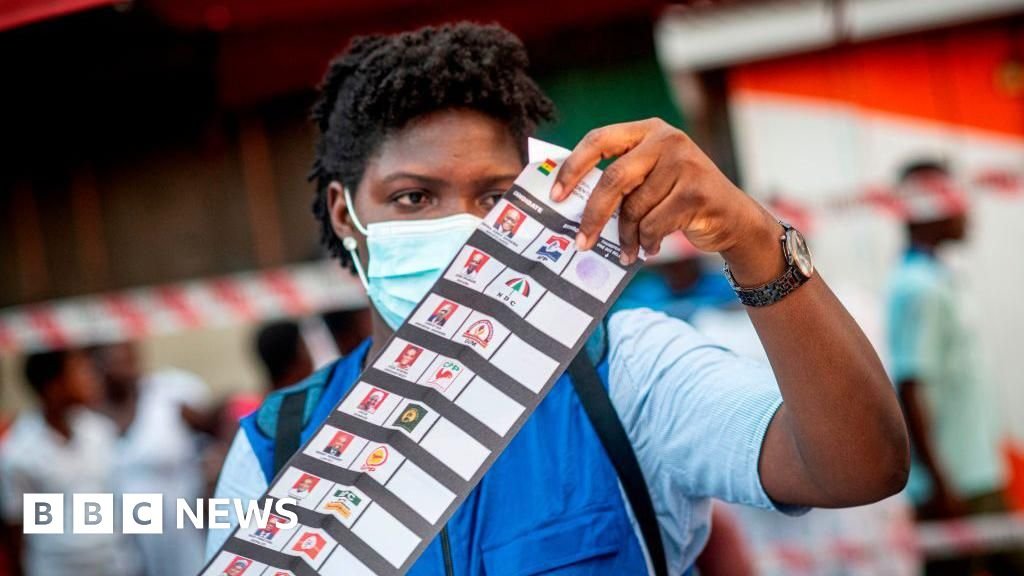Economic issues concern people ahead of the election, especially the rising cost of living. At the end of 2022, annual inflation was 54%. It has since come down, but prices are still skyrocketing.
The World Bank said 850,000 Ghanaians could be pushed into poverty by 2022 due to rising prices of goods and services. These “new poor” joined the six million already living in poverty.
By the end of 2022, public finances were depleted and there was little left to sustain the country’s budget, prompting Ghana to turn to the International Monetary Fund for help.
Youth unemployment and the exodus of Ghanaians seeking better opportunities elsewhere have also been a feature of recent years.
The NDC condemned it as “horrendous execution” and demanded a reset.
The governing NPP claims that it has created a sustainable economy that is on the “balance of… transformation”, so now is not the time to change.
Concerns about the environmental impact of illegal gold mining – known in the country as “golamsey” – became another important topic of conversation. The vote was preceded by a series of demonstrations over the practice, which has led to the contamination of several major rivers with dangerous chemicals.
Both major parties agree that the issue needs to be addressed, but while the NPP says it is important for the economy to allow some small-scale miners to continue operating, the NDC is calling for tighter regulation and a cap on new licences.

